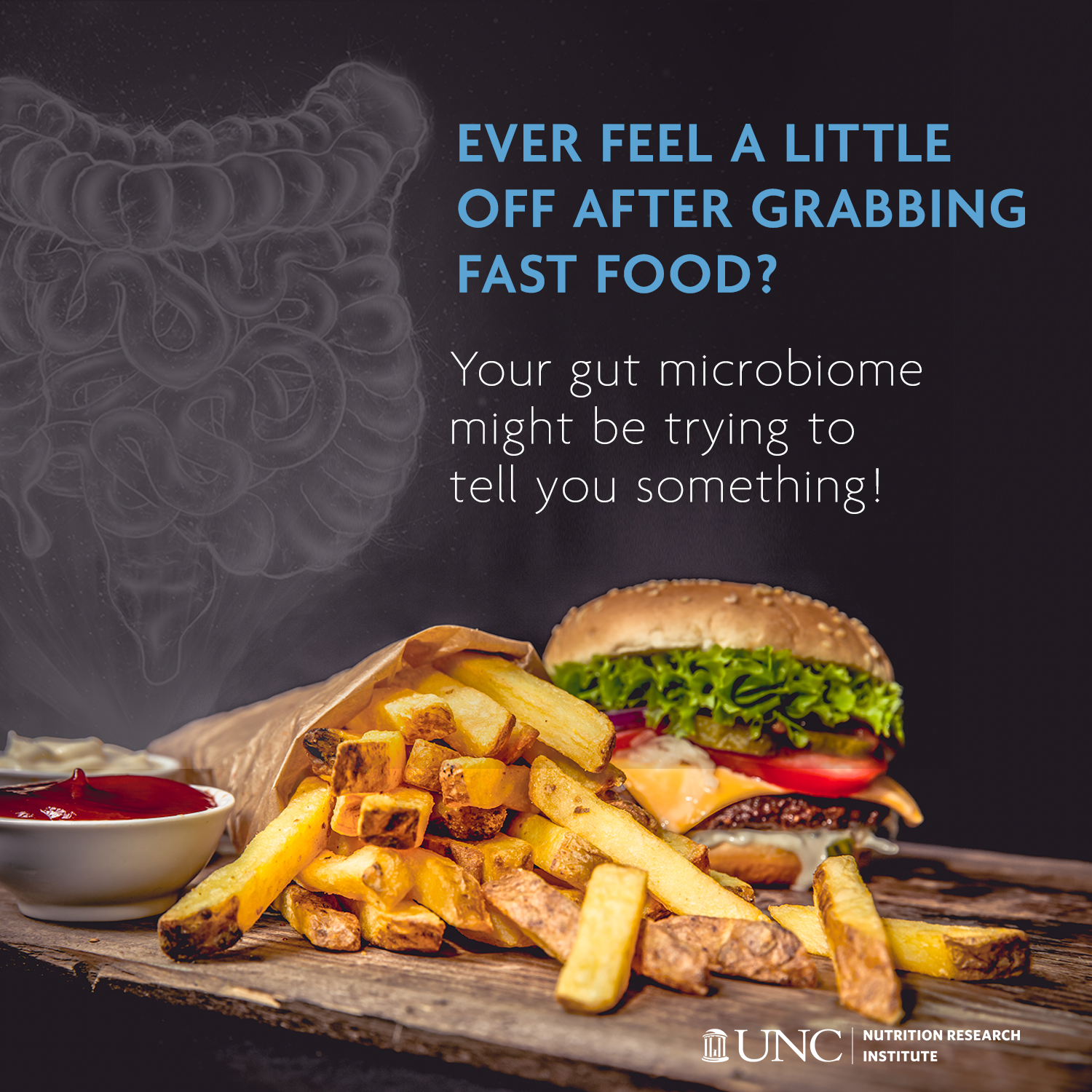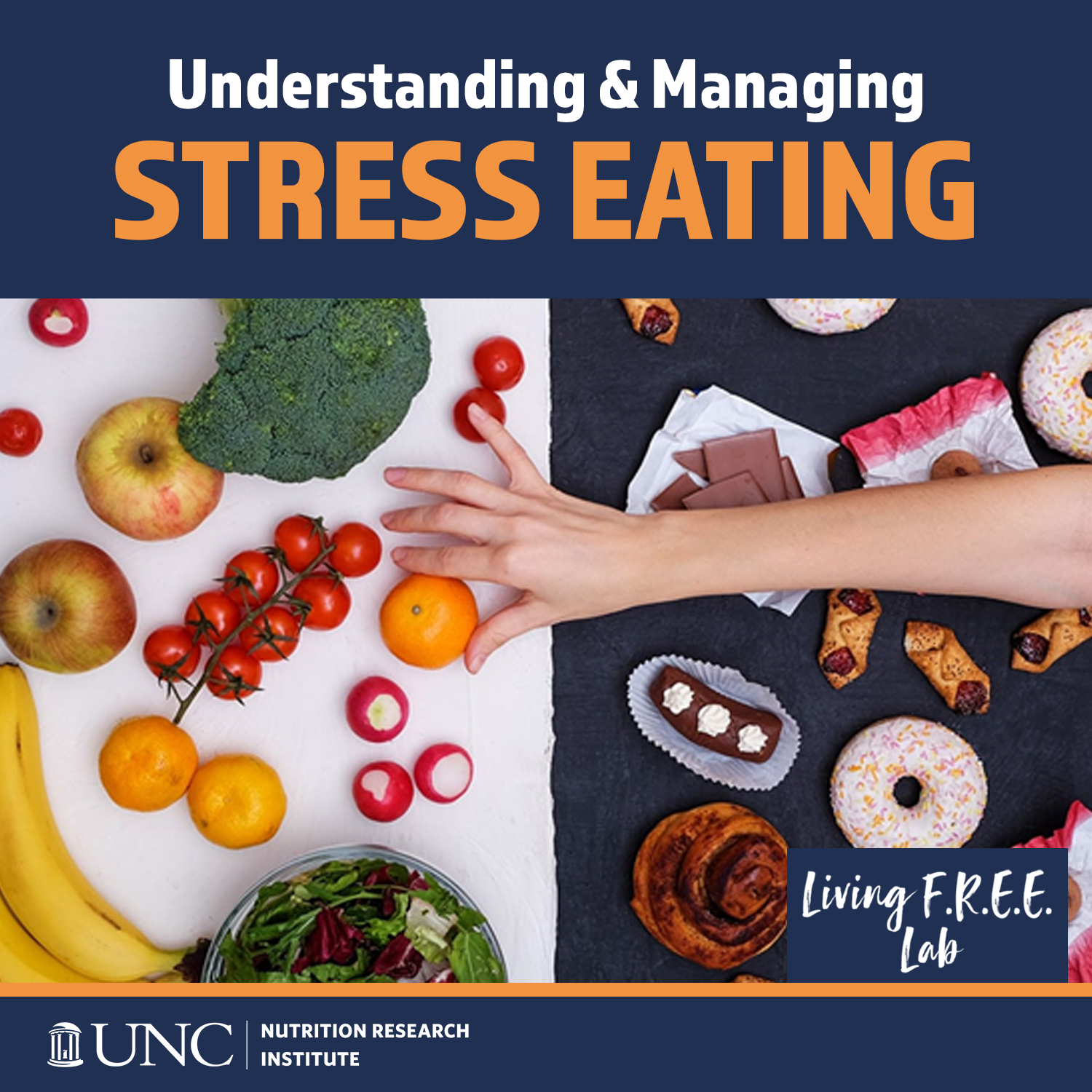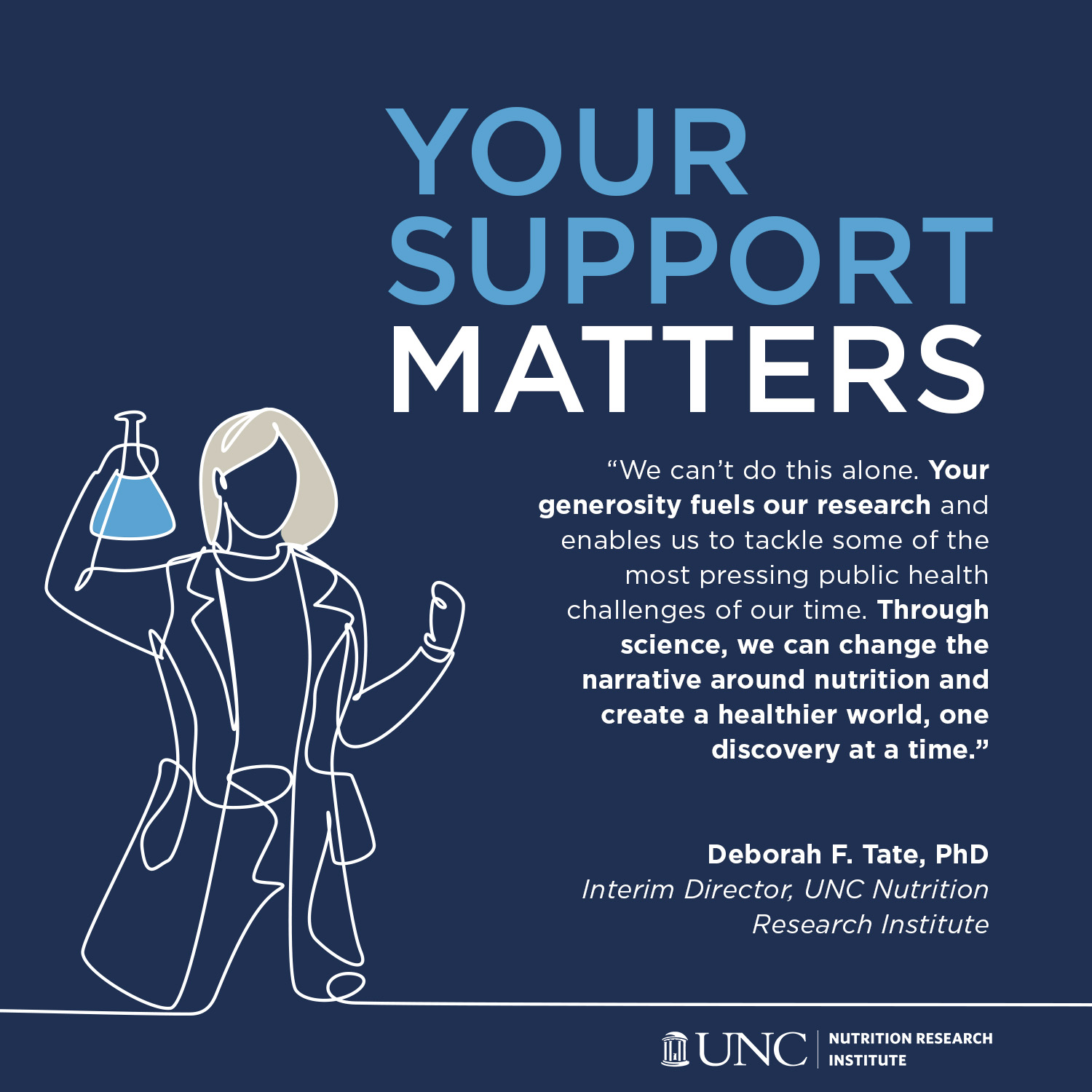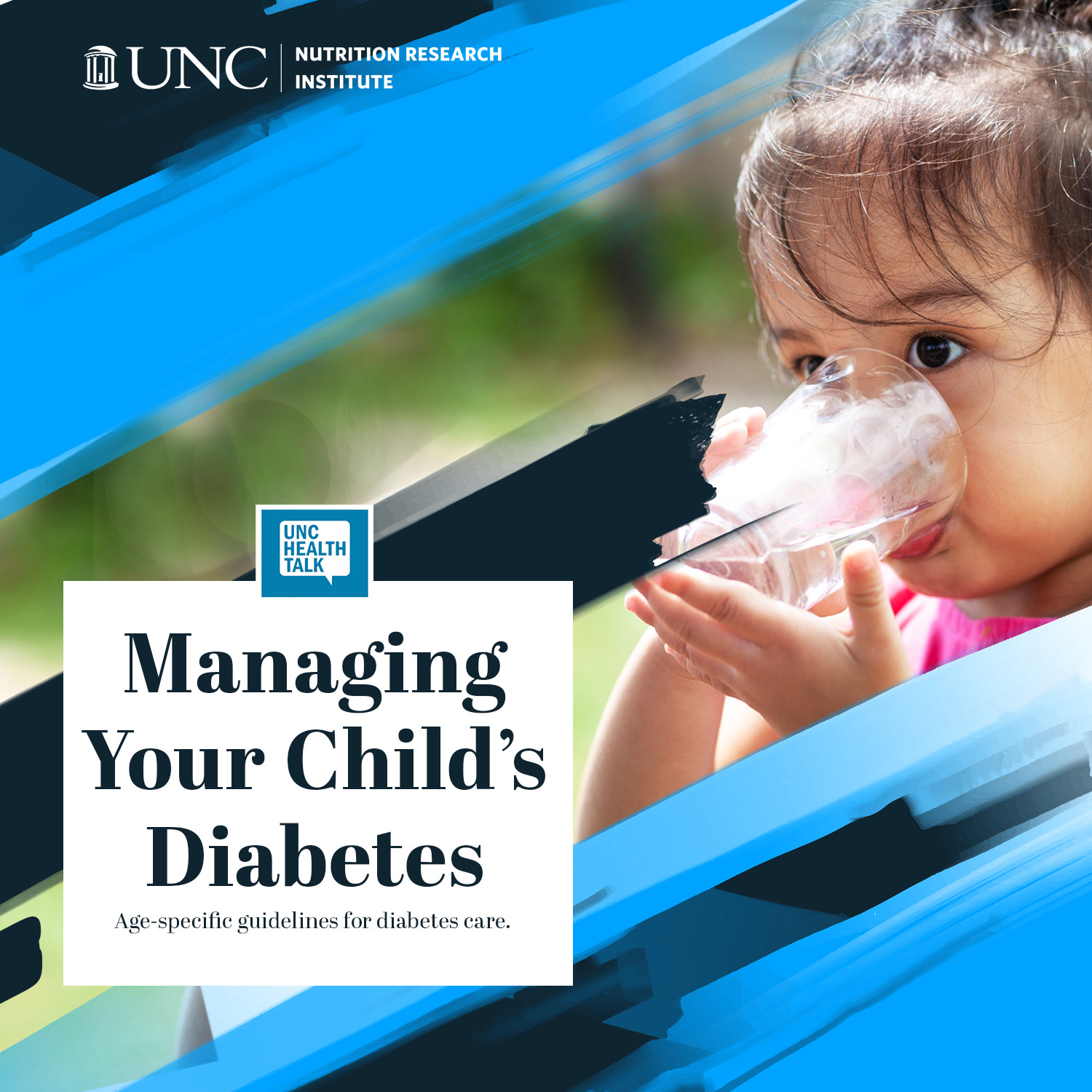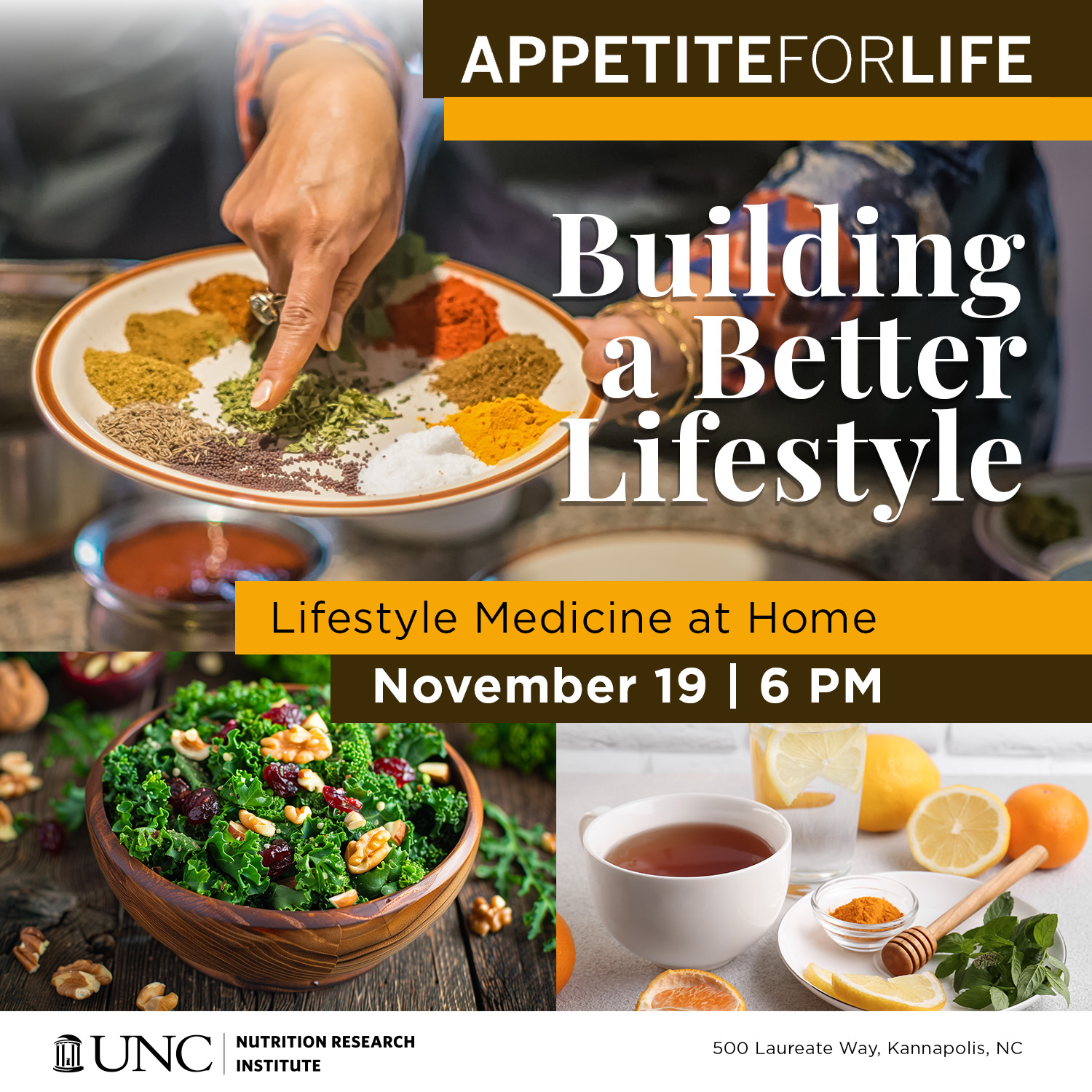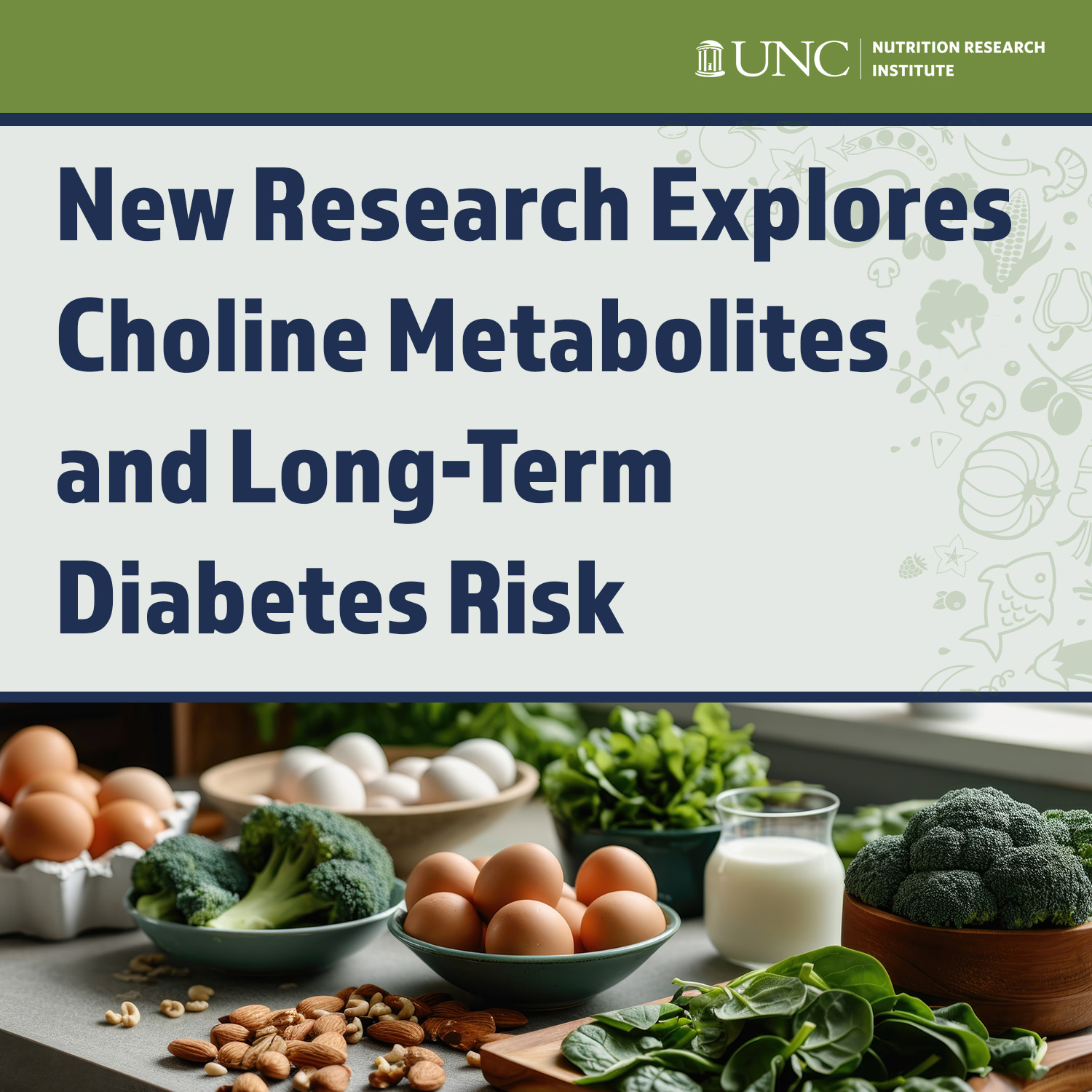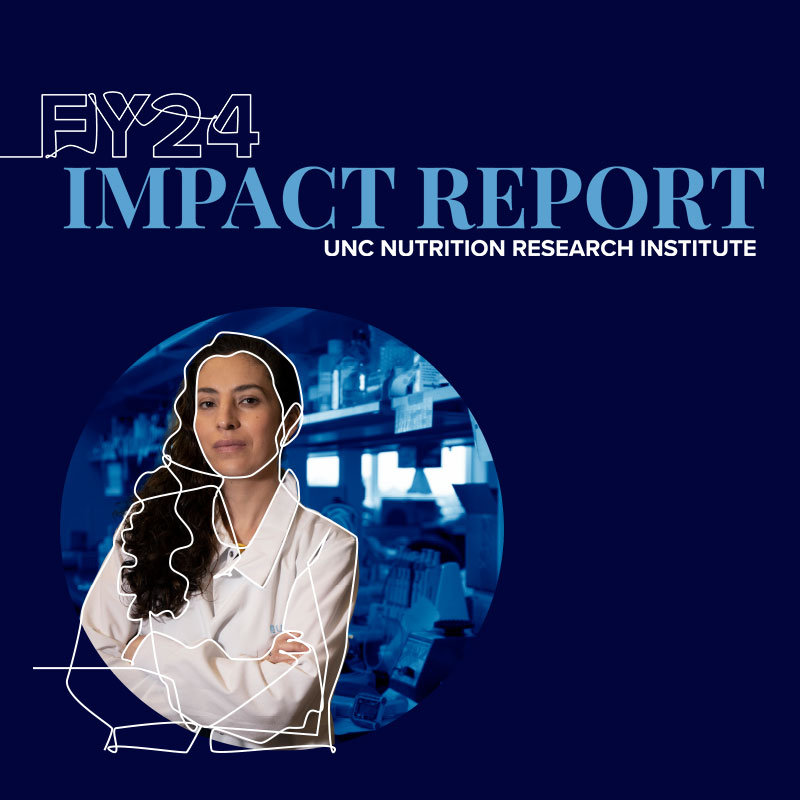Holiday Eating: 7 Ways to Nurture Your Body and Banish Guilt
This article originally appeared on UNC HEALTH TALK Are visions of sugar plums dancing in your head? Along with Christmas cookies, cheese spreads, eggnog, casseroles, hot chocolate, gingerbread and peppermint candies? How do you stay healthy—physically and mentally—during the holidays with so many delicious treats around, some of which feel
Understand Your Gut Microbiome and How to Keep It Healthy
This article originally appeared on UNC HEALTH TALK It’s been a long day on the go, and so you grab a burger and fries from the drive-thru. Within hours, your stomach hurts and you feel bad overall. That’s because fatty and highly processed foods are damaging to your gut microbiome,
Understanding and Managing Stress Eating
by Irene Wang Originally published by the Living F.R.E.E. Lab During stressful times, many people reach for something crunchy, salty, or sweet – food that’s easily accessible and full of flavor, even when hunger isn’t the reason. While this is a common response, it’s helpful to pause and consider strategies
Join Us in Advancing Nutrition Science – Study Opportunities for All Ages!
At the UNC Nutrition Research Institute (NRI), we’re on a mission to advance health through precision nutrition – and we invite you to be a part of it! By participating in our studies, you can help us uncover how nutrition affects well-being at every stage of life and contribute to
Managing Your Child’s Diabetes
By Amy Levenson, MD Amy Levenson, MD, is an assistant professor of pediatrics and associate program director of the Pediatric Endocrinology Fellowship at the UNC School of Medicine. She is also a board-certified pediatric endocrinologist. Age-specific guidelines for diabetes care. If your child has been diagnosed with diabetes, you may have
New Research Explores Choline Metabolites and Long-Term Diabetes Risk
Research from the Nutrition Research Institute (NRI) sheds new light on the connection between choline metabolism and diabetes risk, focusing on a critical age range—adults in their 30s and 40s—when metabolic changes begin to take shape. The study, led by NRI scientists Anju Lulla, PhD, Isis Trujillo-Gonzalez, PhD, and Katie


